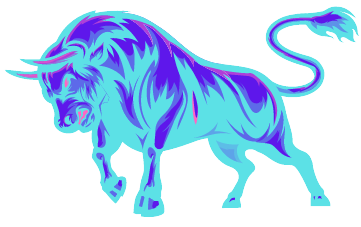Frequently Asked Question
You have the questions and we have the answers
On the website under the services you will find the tab Coaching. Select what kind of Coaching you want. Fill out the Form, Pay the Fee, and Schedule your Time and Date.
On the website under services you will find the tab Courses. Select what Course you want to watch, Pay the Fee, and Begin Watching.
On the website under services you will find the tab Live Trading you can enroll for the subscription, and Pay $49.99 every month to watch 5 Year Day Trader and CEO of BRTM take Live Trades in the Market Every Friday from 6;30AM-7;30AM.
A bull market refers to a financial market condition in which the prices of securities, such as stocks, bonds, or commodities, are rising or are expected to rise. It is characterized by a sustained increase in market prices, typically over months or even years.
A bear market refers to a period in which the prices of securities or other assets fall significantly and widespread pessimism causes the negative sentiment to be self-sustaining. Typically, a bear market is marked by a decline of 20% or more from recent highs in the stock market, lasting for an extended period, such as months or even years.
A recession is a significant decline in economic activity that lasts for an extended period, typically visible in real GDP, real income, employment, industrial production, and wholesale-retail sales. It is generally recognized as two consecutive quarters of negative GDP growth.
Stocks also known as shares or equities, represent ownership in a company. When you own a stock, you essentially own a small piece of that company.
Trading involves the buying and selling of financial instruments such as stocks, bonds, commodities, currencies, and derivatives. Traders aim to profit from fluctuations in financial markets.
Day trading is act of buying and selling financial instruments within a daily market session. A day trader takes trades that open and close within that same day.
Swing trading is act of buying and selling financial instruments that are held for days to weeks. A swing trader takes trades that open and close within days to weeks.
Scalp trading is act of buying and selling financial instruments that are held for seconds to minutes with a single market session. A scalp trader takes trades that open and close within seconds to minutes.
Investment trading is act of buying and selling financial instruments that will be held as long as they need to be held until a certain specificized number of profit is hit. An Investment trader takes trades that open and close within months to years.


